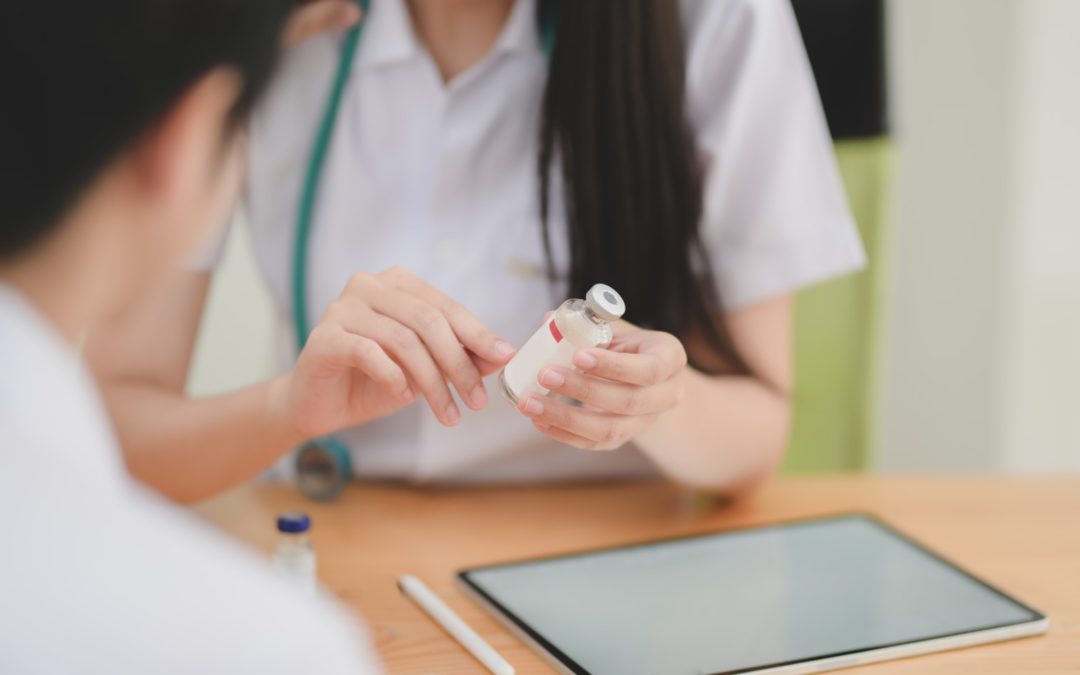If you’ve explored the range of commonly-prescribed depression treatment options and have yet to find lasting relief, a visit to a ketamine clinic may well change your life.
After years of clinical trials and peer-reviewed research, ketamine’s potential to relieve otherwise treatment-resistant depression is beginning to gain widespread acknowledgement. Four to six ketamine infusions delivered over a two-week period, followed by periodic maintenance infusions, have allowed thousands of people worldwide to live depression-free lives when nothing else has worked. While not a silver bullet, ketamine used in conjunction with an extant treatment plan promises a return to a quality of life that many sufferers have long since abandoned as a foregone possibility.
Your First Visit to a Ketamine Clinic
A consultation with the clinic’s psychiatric nurse practitioner is the first step to receiving ketamine infusion therapy. Here, you will discuss symptoms, address any questions you might have, and formulate a treatment plan. Unlike other clinics, Vitalitas Denver emphasizes consultation with your entire care team, thereby ensuring that infusion therapy works in supportive conjunction with other depression treatment approaches you might be using.
Once a personalized plan has been developed, ketamine infusions commence. Your first infusion begins with an IV insertion and the application of monitors to record heart rate and rhythm, blood pressure, and oxygen level continuously throughout the treatment. The infusion itself takes about 45 minutes, followed by a 30-minute rest period where your vitals will be monitored before a friend or loved one is permitted to safely drive you home.
You will be awake during the infusion and able to interact with those around you. Quiet relaxation is key, and calming music is available. While discomfort during the infusion is rare, some patients experience nausea. Should this happen, an IV dose of anti-nausea medication may be administered.
Once complete, the effects of ketamine quickly dissipate; nonetheless, it is important to refrain from such activities as driving and operating machinery until the following day.
As mentioned above, clinical experience and scientific trials demonstrate that a course of four to six infusions over a two-week span provides the best results. Following this, a majority of patients require periodic maintenance infusions, the frequency of which will be determined in consultation with your care team and your personal experience.
Ketamine is not physically addicting, and while recreational users taking higher doses at greater frequency may experience psychological addiction, therapeutic use poses minimal risk of this.
It is important to understand that ketamine infusions are not a cure, but an extraordinarily effective depression treatment that should be used alongside other medications or therapeutic approaches.
If you are a person who has long-suffered with depression and struggled to find relief, a visit to our ketamine clinic might just be the piece missing from regaining full quality of life. Should you have further questions, don’t hesitate to contact our team. It would be our pleasure to provide all needed information to get you moving toward mental health and well-being.


